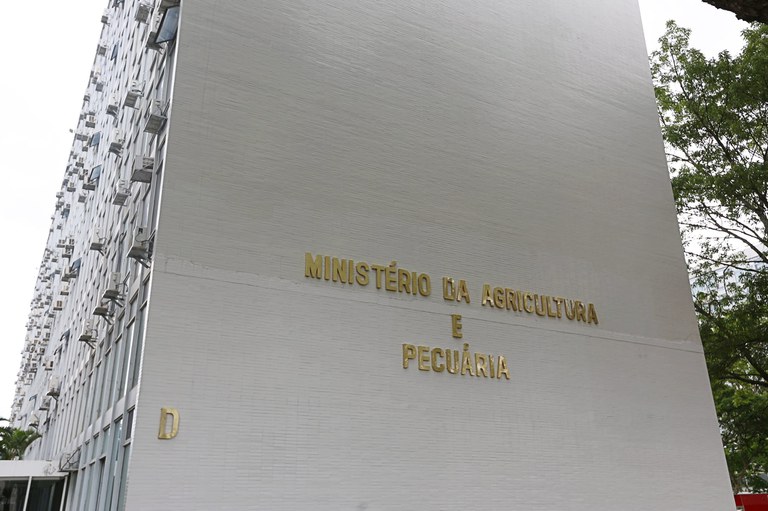The use of bioinputs can be financed by the Safra Plan with even more attractive rates, which should be announced between the end of May and the beginning of June.
“The more simplified the mechanism, the greater the chance of success”, stated Jonathas de Alencar Moreira, from the Agricultural Policy Secretariat of the Ministry of Agriculture, Livestock and Supply.
On Wednesday (25), in São Paulo, around 40 representatives of bioinput industries, companies that work with carbon credits, the Brazilian Agricultural Research Corporation (Embrapa), universities and the Ministry of Agriculture and Livestock (Mapa) met to outline a public policy to encourage more sustainable agricultural production.
The initiative for the meeting came from the Special Advisory Office for Strategic Affairs of Minister Carlos Fávaro, the Agricultural Policy Secretariat and the Secretariat of Innovation, Sustainable Development, Irrigation and Cooperativism of the Ministry of Agriculture, Livestock and Supply.
In the morning, suggestions were collected to encourage low-carbon agriculture, and in the afternoon, opportunities were collected to expand the use of bioinputs. These topics can quickly boost the promotion of sustainable agriculture.
The meetings took place at the Federal Superintendence of Agriculture in the State of São Paulo (SFA-SP).
Special advisor Carlos Ernesto Augustin said that he received the mission from the federal government to promote a more sustainable and competitive agricultural sector.
“It was an initial approach to the government’s priority of recovering degraded areas, and also expanding sustainable practices by connecting them to the carbon market. We gathered ideas from the bioinput and carbon sectors to structure a differentiated financing strategy,” he said.
The initial idea is that at least 30 million hectares of degraded pastures – out of a total of approximately 70 million in this condition – will be recovered through sustainable agricultural practices. One of the ideas is to offer better financing conditions to producers who show a greater commitment to sustainability.
The details of this policy are still to be defined by the technical teams of MAPA.
“We want to offer greater financial and credit incentives so that producers adopt increasingly sustainable practices, considering environmental, social and economic aspects,” said Augustin. The advisor highlighted the need to adopt a simple and easily applicable control mechanism that attracts small, medium and large producers and that allows for effective communication of results.
Renata Miranda, MAPA’s Secretary of Innovation, recalled that innovation is an important driver of transformation in Brazilian agriculture and that proactive public policies can induce important movements such as the conversion to increase sustainable intensification, as well as the increase in efficiency and competitiveness of Brazilian agriculture.
Superintendent Andréa Moura closed the afternoon meeting by saying that businesspeople and producers need not fear differences, because Brazilian agriculture is so diverse that it allows for complementary practices.
“We need to regulate, create clear rules and parameters so that there is transparency, including outside the country,” he concluded. The meeting also suggested the creation of specific sectoral chambers for carbon and bioinputs.
Source: Canal Rural

